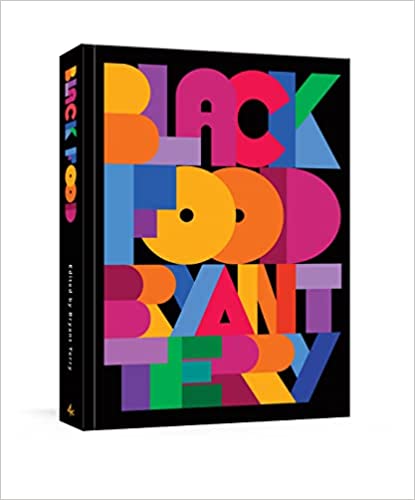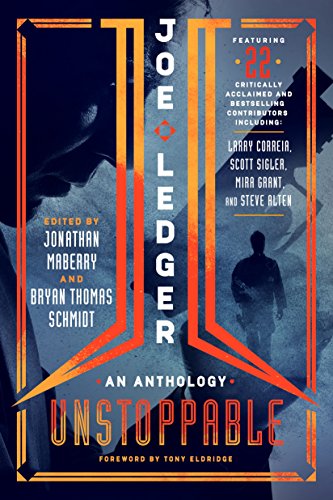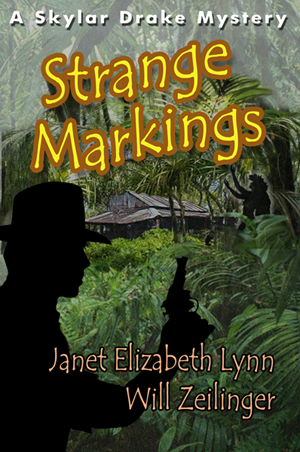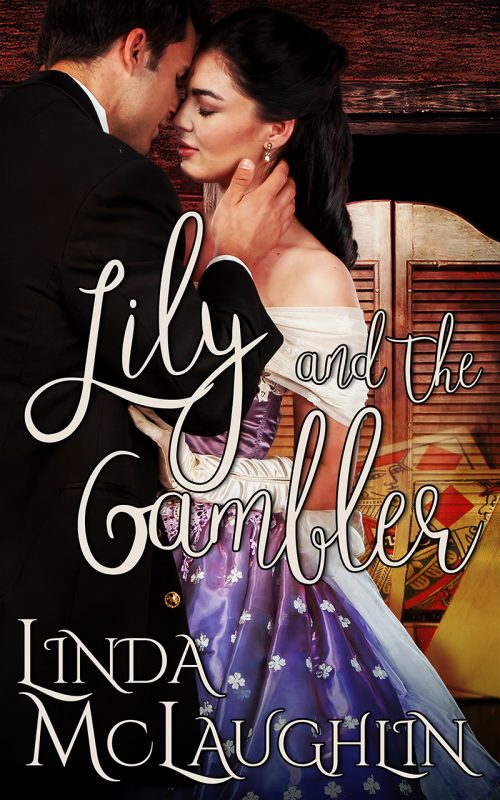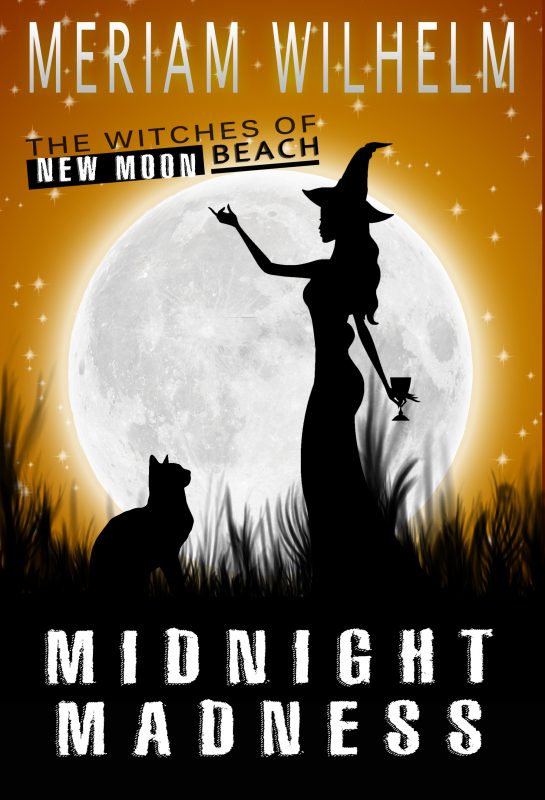Horse Sense for Your Characters with @sdwriter: June @OCCRWA Online Class
May 23, 2017 by Linda McLaughlin in category Online Classes tagged as history, Horse Sense for Your Characters, horses, OCCRWA, research, Shannon DonnellyJune’s OCC/RWA Online Class is Horse Sense for Your Characters
with
Shannon Donnelly
June 12 – July 7
About the Class:
Most folks today have limited experience as mounted riders, even less for side saddle, or driving a carriage, or training a horse for the movements once used by knights. This workshop provides some basic horse sense through the ages so your horses act more like characters who enrich your story and less like cars or other inanimate transportation objects.
We will cover:
- General Horse Sense – Habit and herds: Horse Personality, Basic gaits, Useful Terms
- Carriage and Riding Horses – What’s the difference?
- Quick Trip Through History: Ancient Times, Palfrey/Destrier, The West: Knights of the Plains
- England: Town and Country – Hunting season, ladies’ mounts, side saddle myths, Rotten Row
- Basic Transport – Times, distances, and comfort, public transport of the coaching era
- The Racing World – The sport of Kings; The sport of Queen
- Special Breeds – Arabian, Lippizan, Akhal-Teke, Fresian, Viking’s Horse: Islandic Ponies
Save
About the Instructor:

Shannon Donnelly and Drake
Shannon Donnelly’s writing has won numerous awards, including a RITA nomination for Best Regency, the Grand Prize in the “Minute Maid Sensational Romance Writer” contest, judged by Nora Roberts, RWA’s Golden Heart, and others. Her writing has repeatedly earned 4½ Star Top Pick reviews from Romantic Times magazine, as well as praise from Booklist and other reviewers, who note: “simply superb”…”wonderfully uplifting”….and “beautifully written.”
Her Regency romances can be found as ebooks on all formats, and with Cool Gus Publishing, and include a series of four novellas.
She also has out the Mackenzie Solomon, Demon/Warders Urban Fantasy series, Burn Baby Burn and Riding in on a Burning Tire, and the Urban Fantasy, Edge Walkers. Her work has been on the top seller list of Amazon.com and includes Paths of Desire, a Historical Regency romance.
She is the author of several young adult horror stories, and computer games. She lives in New Mexico with two horses, two donkeys, two dogs, and only one love of her life. Shannon can be found online at sd-writer.com, facebook.com/sdwriter, and twitter/sdwriter.
Enrollment Information
This is a 4-week online course that uses email and Yahoo Groups. If you do not have a Yahoo ID you will be prompted to create one when you join the class, but the process is not difficult. The class is open to anyone wishing to participate. The cost is $30.00 per person or, if you are a member of OCCRWA, $20.00 per person.
http://occrwa.org/classes/june-online-class/
7 1 Read moreAre you a Storyteller?
August 26, 2015 by A Slice of Orange in category Archives tagged as OCCRWA Online Class, Online Class, Shannon Donnelly, StorytellingAuthor Shannon Donnelly is stopping by today to talk about storytelling.
http://occrwa.org/classes/sept-class-storytelling-for-writers/
Her latest Regency romance, Lady Chance, is just out on Amazon.com. In addition to her Regency romances, she is the author of the Mackenzie Solomon, Demon/Warders Urban Fantasy series, Burn Baby Burn and Riding in on a Burning Tire, and the SF/Paranormal, Edge Walkers. Her work has been on the top seller list of Amazon.com and includes the Historical romances, The Cardros Ruby and Paths of Desire.
Show and Tell, OCCRWA’s May Online Class with Shannon Donnelly
April 27, 2014 by A Slice of Orange in category Archives tagged as Online Class, Shannon Donnelly, writing craftShannon Donnelly is with us today to talk about her upcoming OCCRWA online class, Show and Tell, an Interactive Workshop. Take it away, Shannon!
Thanks Alina. We’ve all heard “show, don’t tell†and there is value in that advice. If all you do is tell a story, how does the reader participate with his or her imagination? However, a book is not a movie. While a movie requires everything to be shown (or an often awkward voice-over to be added if it’s not showing enough), a book has the luxury of being able to use narrative. And that’s where I usually get folks who are utterly confused.
Merriam-Webster gives us the root for narrative/narrating as the “Latin narratus,past participle of narrare, from Latin gnarus knowing; akin to Latin gnoscere, noscere to know.â€
This means any writer of fiction needs not only showing but telling as well. What’s the secret in knowing when to show and when to tell? This is something I’ll be covering in the May workshop, but here are a few tips:
– Where are we? (Place and world – the reader needs to be placed into the scene, otherwise it’s confusing to the reader. Do not throw your readers into the deep end without giving them some help.)
– Who is here?(An introduction to the characters, particularly to the main characters for that scene, and for the story.)
All this needs to be woven together, stitched in with careful threads, not dumped on the reader in big clumps. Or, to put it another way, feed the reader your telling—your narrative—with a teaspoon, not a soup bowl.
– Your characters in action—scenes are always stronger when you show a character expressing emotion with physical reactions.
– Your character’s emotions through words. Dialogue should never just be there to advance the plot or you end up with a character that seems stiff on the page. Just as you want to show emotions through actions, you also want to show emotion through words—this includes what someone avoids talking about, too.
Her Regency Historical Romance, Paths of Desire, can be found as an ebooks on Kindle, Nook and at Smashwords, along with her Regency romances.
Why Enter the Orange Rose Costest?
March 18, 2011 by Marianne H. Donley in category Archives tagged as Orange Rose Contest for Unpublished, Shannon Donnellyby Shannon Donnelly
This question could be asked—why enter any writing contest? What can it do for you—and what won’t it do. And should you even think about entering? Let’s start with some basics, as in what can any contest do for you.
Contests can:
- Get you seen by editors, faster than through the slush pile
- Get you feedback so you can better identify your weaknesses and strengths
- Help you cut and polish your pages
- If you final, get you enough notice to land an agent
- If you win, give you a marketing advantage—a way to have your book stand out from others because your book has already won praise
What it can’t do for you:
- Cannot guarantee a sale
- Cannot guarantee a successful writing career
That’s a lot going for what a contest can give to you. But how do you know if you’re ready? And why enter the Orange Rose contest specifically?
Things to think about before you enter:
- Do you have the opening couple of chapters finished
- Do you know the ending of your book (helps you write a synopsis)?
- Do you have an issue with the first pages that you don’t know how to fix?
- Do you have trouble figuring out how to market your book?
- Do you need feedback beyond your immediate family (who loves everything you do, or who has never seen anything you’ve written)?
- Do you wonder if you’ve started the book in the right place?
- Do you put off getting your pages finished?
- Do you have a synopsis that is over ten pages?
- Do you wonder if your core conflict is weak or on target?
If you answer yes to any of these questions, you might be ready for the Orange Rose contest. If you’ve answered yes to three or more of the questions, you should think about entering. If you’ve answered yes to more than seven of them, it’s definitely time to enter.
Contests aren’t just about winning—they are also a way to track your own progress as a writer. This actually used to be a lot more possible to do with submissions and rejections, but these days it’s too easy for good work to get rejections. Contests help fill that gap, give you better feedback, and they give you deadlines so you can start to see if you can actually make a writing career work.
But why the Orange Rose?
There are several excellent reasons. But let’s start with the best one—the feedback in the Orange Rose comes from published authors.
Now, all judging is subjective. That means some folks like oranges better than apples, and an opinion is an opinion. But a published author has learned what works—the hard way. There is an experience here that does help in that every published author knows one thing: flawed writing will sell. Every story has its strengths—and its weaknesses. But a published author has learned how to accent one and cover up the other. That’s knowledge those authors can pass along.
The next best reason is fifty-five pages—same as the Golden Heart. You may have a brilliant first couple of pages. Or your brilliance may shine at page thirty. But you won’t know which is which in the Golden Heart, which just gives you back a number. The Orange Rose is still one of the best contests around which can tell you if you’re ready for the Golden Heart, and gets you feedback in time to make revisions.
There’s also the excellent reason of money—cash awards! And while writing may not just be about the money for you, there’s nothing quite like stepping up into the category of a writer who is becoming a professional—you’re getting paid to write. That’s pretty heady stuff.
Finally, it’s your chapter contest. When I was still unpublished and struggling, the Orange Rose was a measure of my own success. It was also a contest I always wanted to win—I never managed a win, but I was a finalist several times, and I always got the best feedback. And recognition from my peers.
If you use it right, the Orange Rose can teach you how to set goals and reach them.
It can be another tool that you can use to help you become published—it’s not the only path there, but it is a path. More than 45 finalists—that’s finalists, not just winners—have gone on to become published authors. That’s quite a track record.
The Orange Rose can be a touchstone of progress. It can give you a big picture look at how you are doing in going up against lots of other writers–the same way that you have to go up against those writers in the slush pile.
And a vote of encouragement from other authors can be just the thing you need to hold onto and use in your darker days to light your path to writing your next book.
To enter the Orange Rose, visit occrwa.org or http://www.occrwa.org/orangerosecontest/ and enter before April 9, 2011.
Published in the March 2011 issue of the Orange Country RWA Orange Blossom newsletter.
0 0 Read moreAffiliate Links
A Slice of Orange is an affiliate with some of the booksellers listed on this website, including Barnes & Nobel, Books A Million, iBooks, Kobo, and Smashwords. This means A Slice of Orange may earn a small advertising fee from sales made through the links used on this website. There are reminders of these affiliate links on the pages for individual books.
Search A Slice of Orange
Find a Column
Archives
Featured Books
BLACK FOOD: STORIES, ART & RECIPES FROM ACROSS THE AFRICAN DIASPORA
Beautiful, rich, and groundbreaking . . .
More info →STRANGE MARKINGS
The Pacific breezes blow many things in from the ocean, this time its power, greed, and murder.
More info →MIDNIGHT MADNESS
As if Olivia Merriman doesn’t have enough to do in her beloved town of New Moon Beach, now her grouchy great-grandmother has recruited her to head up their coven of witches; her sisters are miffed, the coven is pushing her to accept the job, and to top it all off an evil wizard is messing with her love life.
More info →Newsletter
Contributing Authors
Search A Slice of Orange
Find a Column
Archives
Authors in the Bookstore
- A. E. Decker
- A. J. Scudiere
- A.J. Sidransky
- Abby Collette
- Alanna Lucus
- Albert Marrin
- Alice Duncan
- Alina K. Field
- Alison Green Myers
- Andi Lawrencovna
- Andrew C Raiford
- Angela Pryce
- Aviva Vaughn
- Barbara Ankrum
- Bethlehem Writers Group, LLC
- Carol L. Wright
- Celeste Barclay
- Christina Alexandra
- Christopher D. Ochs
- Claire Davon
- Claire Naden
- Courtnee Turner Hoyle
- Courtney Annicchiarico
- D. Lieber
- Daniel V. Meier Jr.
- Debra Dixon
- Debra H. Goldstein
- Debra Holland
- Dee Ann Palmer
- Denise M. Colby
- Diane Benefiel
- Diane Sismour
- Dianna Sinovic
- DT Krippene
- E.B. Dawson
- Emilie Dallaire
- Emily Brightwell
- Emily PW Murphy
- Fae Rowen
- Faith L. Justice
- Frances Amati
- Geralyn Corcillo
- Glynnis Campbell
- Greg Jolley
- H. O. Charles
- Jaclyn Roché
- Jacqueline Diamond
- Janet Lynn and Will Zeilinger
- Jaya Mehta
- Jeannine Atkins
- Jeff Baird
- Jenna Barwin
- Jenne Kern
- Jennifer D. Bokal
- Jennifer Lyon
- Jerome W. McFadden
- Jill Piscitello
- Jina Bacarr
- Jo A. Hiestand
- Jodi Bogert
- Jolina Petersheim
- Jonathan Maberry
- Joy Allyson
- Judy Duarte
- Justin Murphy
- Justine Davis
- Kat Martin
- Kidd Wadsworth
- Kitty Bucholtz
- Kristy Tate
- Larry Deibert
- Larry Hamilton
- Laura Drake
- Laurie Stevens
- Leslie Knowles
- Li-Ying Lundquist
- Linda Carroll-Bradd
- Linda Lappin
- Linda McLaughlin
- Linda O. Johnston
- Lisa Preston
- Lolo Paige
- Loran Holt
- Lynette M. Burrows
- Lyssa Kay Adams
- Madeline Ash
- Margarita Engle
- Marguerite Quantaine
- Marianne H. Donley
- Mary Castillo
- Maureen Klovers
- Megan Haskell
- Melanie Waterbury
- Melisa Rivero
- Melissa Chambers
- Melodie Winawer
- Meriam Wilhelm
- Mikel J. Wilson
- Mindy Neff
- Monica McCabe
- Nancy Brashear
- Neetu Malik
- Nikki Prince
- Once Upon Anthologies
- Paula Gail Benson
- Penny Reid
- Peter J Barbour
- Priscilla Oliveras
- R. H. Kohno
- Rachel Hailey
- Ralph Hieb
- Ramcy Diek
- Ransom Stephens
- Rebecca Forster
- Renae Wrich
- Roxy Matthews
- Ryder Hunte Clancy
- Sally Paradysz
- Sheila Colón-Bagley
- Simone de Muñoz
- Sophie Barnes
- Susan Kaye Quinn
- Susan Lynn Meyer
- Susan Squires
- T. D. Fox
- Tara C. Allred
- Tara Lain
- Tari Lynn Jewett
- Terri Osburn
- Tracy Reed
- Vera Jane Cook
- Vicki Crum
- Writing Something Romantic
Affiliate Links
A Slice of Orange is an affiliate with some of the booksellers listed on this website, including Barnes & Nobel, Books A Million, iBooks, Kobo, and Smashwords. This means A Slice of Orange may earn a small advertising fee from sales made through the links used on this website. There are reminders of these affiliate links on the pages for individual books.


